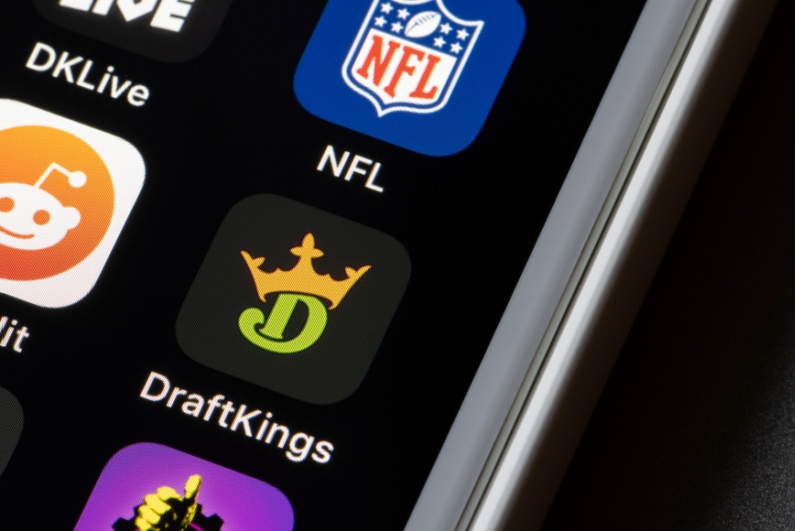Child gamblers: How serious is the problem? And what should the industry be doing about it?
No one reading these articles over the last few weeks can fail to be aware of the reasons behind the UK government’s decision to reduce the maximum stake on fixed odds betting terminals (FOBTs). The maximum stake was reduced from £100 ($135) to £2 ($2.70) with plenty of lurid headline telling stories of gamblers “losing £15,000 ($20,250) in a day”.
Commenting on the move, Sports Minister Tracey Crouch said: “The reduction will reduce harm for the most vulnerable.”
Well that’s alright then. Adults in betting shops are protected. Children, it would appear, are not…
The lad from Lancashire
A teenager from Lancashire recently lost £80,000 ($108,000) gambling online. And before you think his allowance is too big, it was his father’s money he lost.
He became interested in gambling after seeing adverts for online bookmakers while watching a football match at Wembley. Thinking that it was easy, seduced by ads encouraging him to “cash out your winnings”, he duly photocopied his father’s credit cards, opened accounts using his father’s name, address, and date of birth, and started placing bets.
“I had no idea gambling could be addictive like drink or drugs,” he told one UK newspaper, as he described how he placed hundreds of bets a week, some of them for as much as £3,000 ($4,050).
No one emerges from this sad story with any credit: certainly not the 13-year-old, who really should have known the difference between right and wrong; not his company director father, who perhaps should have checked his credit card statements more often and spent more time checking what his teenage son was doing in his bedroom – and definitely not the UK government or the sports betting companies.
Again, it is hard not to empathize with Major League Baseball and their initial objections to the legalization of sports betting in the US. Will this story be repeated as more and more online companies fight for a share of the lucrative US market? Of course it will.
How big is the problem of child gambling in the UK?
According to figures released by the UK government, 25,000 children aged 11-16 are addicted to gambling, with the gambling commission saying that the number of 16-year-olds “hooked” on gambling has risen by a third in the last three years.
In its annual survey of youth gambling, the Gambling Commission said that 370,000 children (around 12% of the total number of children) had gambled in the past week, with 25,000 of those children characterized as problem gamblers. Presumably, the Gambling Commission is therefore content that the other 345,000 kids have their gambling under control, that they only bet what they can afford to lose and they fall asleep chanting “when the fun stops, stop”.
Gambling may not be the only problem teenagers land their parents with. I used to stand in the hall talking to my girlfriend while my dad complained about the phone bill. Every day there is a story about a teenager running up a £1,000 phone bill while he is on holiday, or making a series of “in-game” purchases, or inadvertently dialing a premium rate number.
Sooner or later though, we become responsible for our own mobile phone bill. We finally learn that if it seems too good to be true, it is too good to be true. But it’s a different story if you are graduating from high school with an addiction to gambling.
Charity fighting a losing battle
GambleAware – the charity set up to combat problem gambling – continues to plow its lone furrow, but without serious funding (there is, for example, only one specialist gambling addiction clinic in the UK) it will always be fighting a losing battle against the bookmakers’ wall to wall advertising.
Cases like the 13-year-old from Lancashire really need to be addressed by sports betting companies. They are quite happy to close winning accounts: perhaps they should pay the same attention to losing ones. Or, in the UK at least, they may find that a future Labour government – keen to atone for what it now sees as a mistake in de-regulating UK gambling – does it for them.



